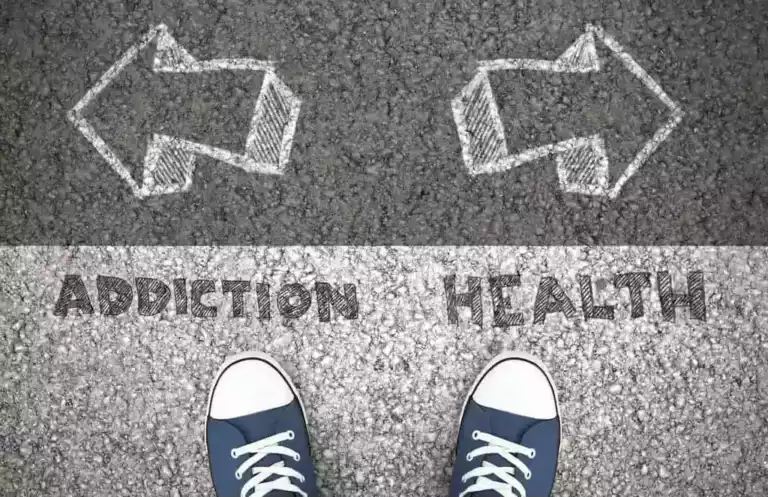
In fact, there are many treatment options available thanks to significant advances in medical and behavioral research over the past decades. Your health how to overcome alcoholism care provider or counselor can suggest a support group. Focusing on finding rewarding, healthy strategies that support your long-term recovery.
- Your loved one’s motivation for recovery hinges on the encouragement and support they get from others around them.
- ” self-assessment below if you think you or someone you love might be struggling with a substance use disorder (SUD).
- In some cases, you may need medical supervision during the detox process.
- However, if you are feeling depressed or find yourself constantly wanting to return to the addictive behavior, you should seek support and treatment.
- During the repair stage, taking care of yourself is paramount.
- Behavioral treatments—also known as alcohol counseling, or talk therapy, and provided by licensed therapists—are aimed at changing drinking behavior.
What Are My Addiction Treatment Options?
The condition is likely the result of a combination of genetic, social, psychological, and environmental factors. Learn more about the levels of care offered at American Addiction Centers’ nationwide treatment centers. There may also be recovery resources available in your community. Through it all, however, be sure to take care of yourself and your mental health. Others in recovery or professionals who work in addiction understand that you still need support.
Avoid Replacement Addictive Behaviors
Additionally, seeking therapy, either as a family, by yourself, or both, can also help you navigate recovery with your loved one. Supporting someone you love, who’s being treated for unhealthy alcohol use, is a lifelong process because recovery is a lifelong process. Many people with AUD do recover, but setbacks are common among people in treatment. Seeking professional help early can prevent a return to drinking.
How to Break an Addiction: A Guide to Overcoming Addiction
Three medications are currently approved in the United States to help people stop or reduce their drinking and prevent a return to drinking. These medications are prescribed by a primary care provider or other health care provider and may be used alone or in combination with counseling. AAC is recognized as a leading provider of alcohol detox and rehab. Some of our AAC facilities offer same-day admissions, depending on various factors, such as the person’s willingness to get help and the capacity of our treatment centers. At each of AAC’s treatment centers, a caring and compassionate addiction treatment team develops an individualized treatment plan for your loved one based on their needs.

Treatment for Alcohol Problems: Finding and Getting Help

Treatment can be outpatient and/or inpatient and be provided by specialty programs, therapists, and health care providers. For alcohol and drug addictions, it is a good idea to talk to a doctor or local drug clinic about whether you need medical help in quitting. There are options for medications to help alleviate withdrawal symptoms.
Online Learning Courses
- Learn more about the levels of care offered at American Addiction Centers’ nationwide treatment centers.
- Before sitting down to talk with them (when they’re sober and have time to talk) about your concerns; however, it is helpful to research possible treatment options.
- However, some people who quit an addiction find that certain withdrawal symptoms seem to go on and on.
Combining therapy with support groups can greatly improve your odds of success. During this period, you can expect to develop new skills you may have never learned that made you more susceptible to AUD in the first place. It might also be worth checking out a 12-step program in your area, like Alcoholics Anonymous or SMART Recovery, to see if it feels like something that might be useful for you. Letting others know about your choice to stop drinking may help motivate you to stick with your decision. Hosted by Amy Morin, LCSW, this episode of The Verywell Mind Podcast shares strategies for coping with alcohol cravings and other addictions, featuring addiction specialist John Umhau, MD. Curious about whether your insurance will cover the entirety of your addiction care?
Risk factors for addiction
- Finding or reaching out to other sober people can also help.
- If a negative thought is coupled with an urge to drink, a positive thought can replace it.
- It’s a routine you’ve witnessed repeatedly — and it never gets less painful to watch.
- Becoming more aware of your alcohol triggers and reasons for drinking can help you plan ways to help manage the urge to drink.
- Learning how to overcome an addiction is important for anyone experiencing a substance use disorder (SUD), alcohol use disorder (AUD), or behavioral addiction.
Early Symptoms
